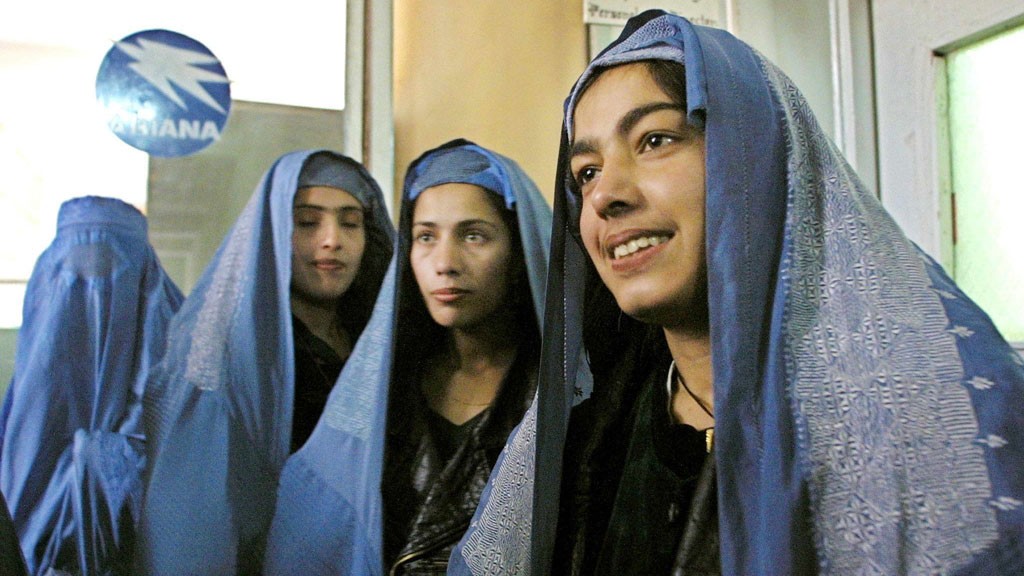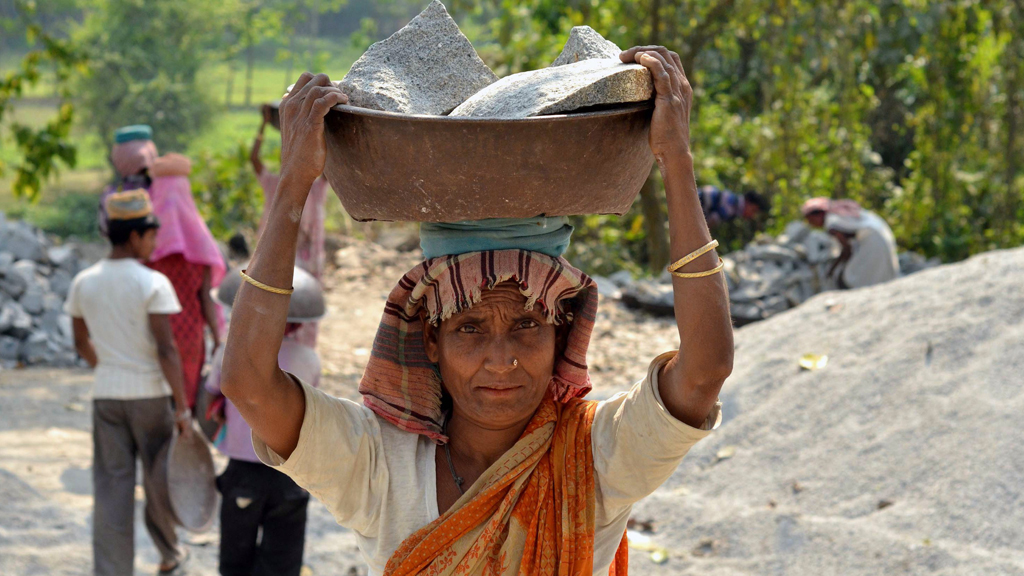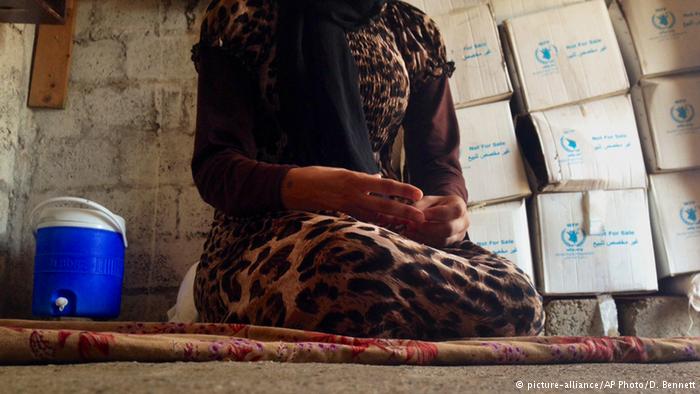Allegations of Sorcery in the 21st Century: Violence against Women

Asaro Mudmen. Legend has it that they were defeated by an enemy tribe and forced to flee into the Asaro river. The enemy saw them rise from the muddy banks covered in mud and thought they were spirits. People in PNG have strong connections with the spiritual world (picture-alliance/dpa)
News about atrocities against women in Papua New Guinea (PNG) was commonplace in the last few weeks. Women who have been accused of sorcery were either killed or forced to flee their homes. But this brutal violence against women is not new in PNG. In June 2014 UN rights adviser Signe Poulsen told DW in an interview that the PNG government had failed to protect the victims and bring the attackers to justice. In fact, over the past view years, women accused of being witches have been tortured or burnt in PNG.
The terms “witch hunt” and “burning of witches” remind us of similar incidents in Europe, but they happened in the Middle Ages or early modern period when new European colonies were being set up in North America.
Unfortunately this kind of violence against women still happens in many parts of Africa, South America and Asia, for example in India in the 21st century. According to the Indian newspaper Mint, at least 2.100 people accused of witchcraft died between 2000 and 2012. These cases happened mostly in Indian states with large tribal populations.
The “source of evil”
What do all these accusations and brutal violence against women have in common? In all of these cases two things are prevalent: superstition and vigilantism. These two combined with small rumors can be fatal to anybody who is already marginalized by the society, or considered weak, for example women, or like in some cases in India, from a lower caste.
Such persecution often starts when someone in the village has fallen sick, or somebody has died, maybe a man has died and the people in the village accuse his wife of causing his death instead of offering help or showing compassion.
In PNG the belief in sorcery is strongly rooted. Many people mostly in remote areas in the highlands believe in the existence of sangumas, who are sorcerers with magical powers. Sangumas are accused of invoking evil spirits to bring misfortune on the village. In many cases of sickness or death natural explanations can be given but they are not accepted. People need someone to be held responsible, and the scapegoat seldom has a chance to get away.
But allegations of witchcraft are not always an indication of superstition. The real reason can also be vengeance, ownership disputes, or violation of social taboos, such as infidelity, unmarried pregnancy or homosexuality.
Action is needed
An important reason that makes this crime possible is the fact that the mob that killed or tortured the victims will probably get away with it. Many cases of sorcery-related violence are not even reported to the police. It was also the case in PNG, although a couple of weeks ago four women accused of sorcery were saved from being murdered. They were accused of sorcery after a deadly measles outbreak. This murder could only be prevented because the police and missionaries intervened.
On the other hand, according to Kate Schuetze, a Pacific researcher for Amnesty International, PNG’s police force is underpaid, under-resourced, and notoriously corrupt. Sometimes they claim to be outnumbered by aggressive mobs. Sometimes since the policemen sent to intervene come from the same cultural background and belief system as the community, they see the violence against the victims as legitimate punishment for sorcerers. So “enlightment” work still need to be carried out in the police force.
But the policemen are not the only ones who need education and information. Sorcery allegations are sometimes used as a mask for violence against women. Young men in PNG also use this violence to gain status and power in their local communities, according to the head of PNG’s Institute of National Affairs, Paul Barker. Barker explains that this problem is caused by high population growth and limited number of activities to give young men status in the community. “This does appear to be one mechanism whereby they intimidate particularly the weaker people within the community,” said Barker.
So what is the key to solve this problem? Education! This would give perspectives to young people to use their time for useful activities, for themselves and for the community, and it enables them be “somebody” without using violence. Apart from education: courage. There are local groups who are fighting for women’s rights. These people – some of them are women – need support. So maybe what we – who do not live in those areas – can do is showing goodwill, by supporting them.
Author: Marjory Linardy
Editor: Grahame Lucas







